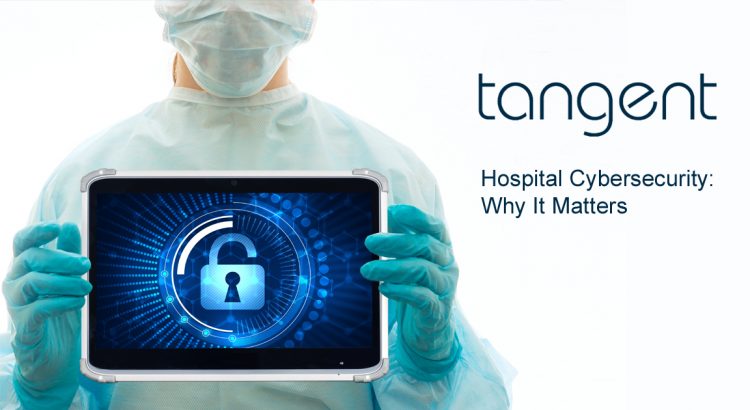Hospitals have come to rely heavily on their medical computer infrastructure. Everything from billing information to patient medical histories are stored on digital devices. These devices have made the task of record keeping much easier for your workers. But they also make it much easier for criminals to access sensitive information. Hackers have taken to […]
Category: digital health literacy

Digital Health Literacy: Why It Matters For Hospitals
Hospital administrators have always been concerned with digital health literacy since medical computers were introduced into the workplace. The pandemic has only exacerbated these concerns. According to the World Health Organization, digital health literacy is defined as, “the ability to seek, find, understand, and appraise health information from electronic sources and apply the knowledge gained […]
